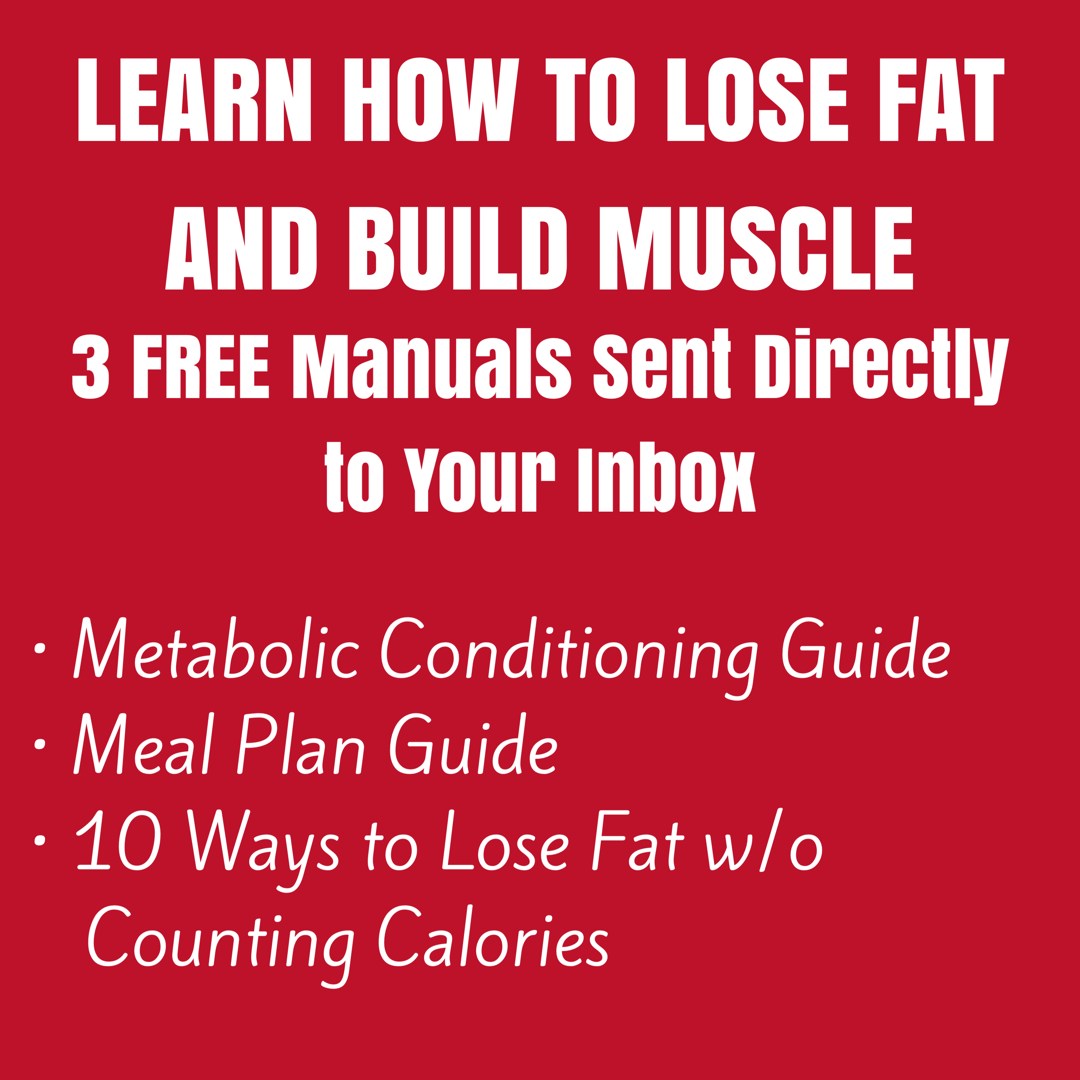Nutrition is key to weight loss.
You have 21 opportunities a week to make healthy decisions with your food.
Working out 6 days a week isn’t going to offset a terrible diet.
So focus on what you put into your body.
The last place the body takes fat from is subcutaneous fat and first takes fat from organs.
The weight training “after burn” is vastly overstated.
Starvation will impede weight loss.
Do not skip breakfast.
Do not restrict your calories to some ridiculously low number.
Your metabolism will drop caloric requirement by up to 20% if you starve yourself.
“Respect hunger, control appetite”.
Fasted cardio has nothing to do with muscle glycogen.
Cortisol will cause you to burn fat.
However, you want to keep cortisol levels as low as possible in day-to-day life, with moments of spiked cortisol levels (like from exercise).
A consistently elevated cortisol level leads to adrenal fatigue and inhibits the release of growth hormone. For tips on how to live a low cortisol life please check out Why Zebras Don’t Get Ulcers by Robert Sapolsky.
Fat cannot be metabolized without carbs being eaten.
The outcome would be keytone bodies (sweet smell on breath), possible protein breakdown (ammonia smell on breath), and lower exercise intensity.
Keytones are made when we can’t fully break down fat, making the blood more acidic and causing your workouts to suffer.
A light breakfast fixes this problem (like a banana and some protein).
Three versus five meals a day: no difference in metabolism but five meals a day had better blood sugar and moods.
Consumption of added sugars spikes blood sugar which causes insulin to be pumped into the blood stream to regulate blood sugar levels. Insulin promotes lipid storage.
By limiting your added sugar intake, you can help prevent added fat storage.
Getting 2000 calories burned a week from exercise is a good goal for weight loss.
If we’re looking to burn 10% of our weekly food intake why not look at N.E.A.T. or eating a bit less.

